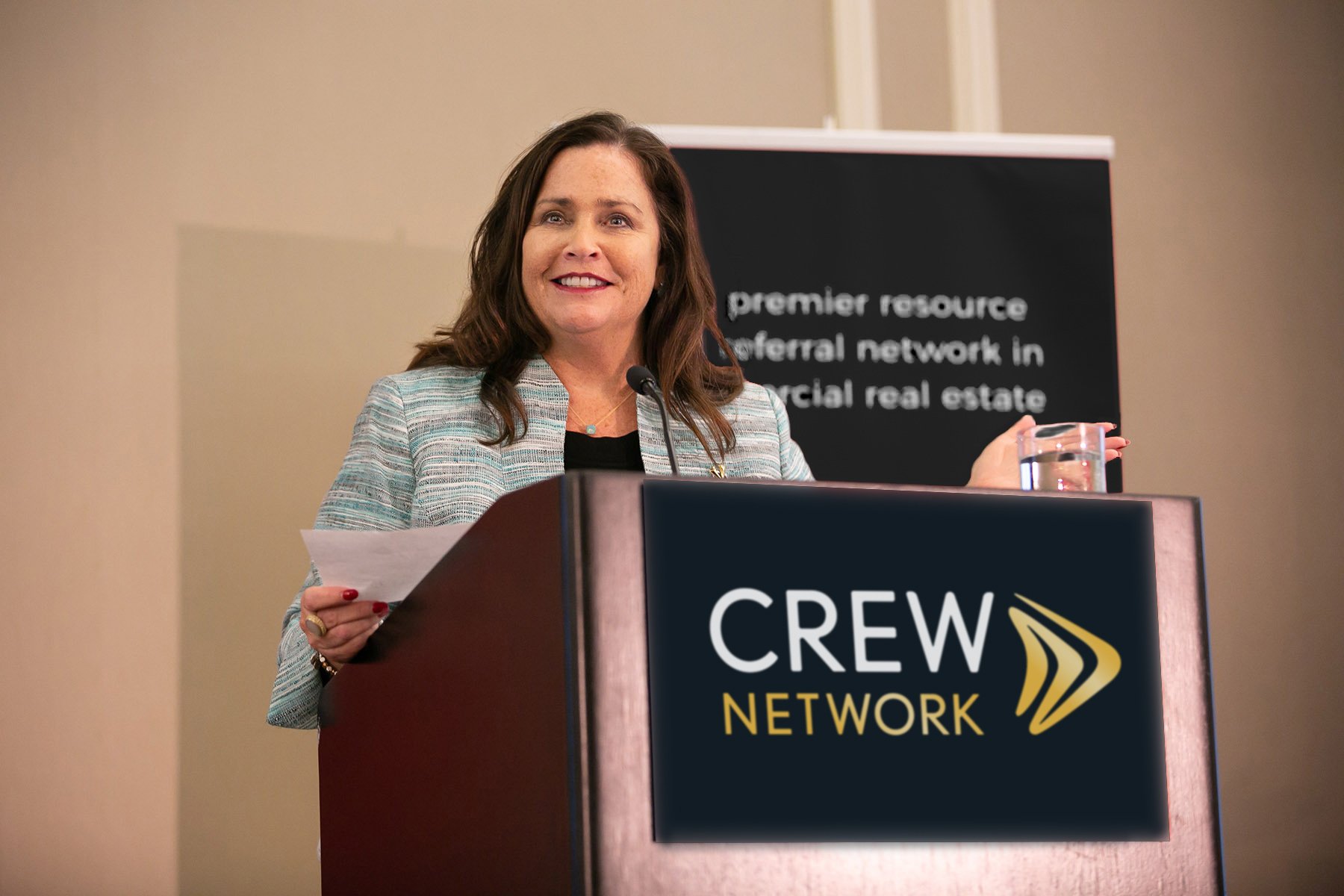Companies are increasingly establishing executive positions to cultivate ESG strategies but recent data suggests they won't stop there. Many of these firms will also be taking steps to tie or link executive pay with attaining ESG goals, according to a new survey from Willis Towers Watson.
Overall, one-third of companies that responded to the survey plan to increase the prominence of ESG in incentive plans. Most companies—four in five or 78%—are planning to change the way that executive incentive plans incorporate ESG over the next three years; four in 10 companies plan to introduce ESG into long-term incentive plans over the next three years; and 37% of respondents plan to introduce ESG into annual incentive plans over the next three years.
Investors are supporting this move. A recent report from Edelman found that 69% of investors want executive compensation to be linked to ESG targets. When ESG is linked to compensation, it increases investor trust in a company, according to those surveyed by Edelman.
Recommended For You
In terms of diversity and inclusion, many companies have already started incorporating targets into compensation. 73% of survey respondents in North America have implemented at least one initiative to promote inclusion and diversity, and 43% have conducted an equity pay analysis. Nearly all—78%—of respondents have established internal inclusion and diversity networks or plan to, according to the Willis Towers Watson survey.
On the environmental side, companies are experiencing challenges in using ESG metrics in incentive plans. About half of respondents noted issues setting targets, identifying performance measurements and defining performance measurements. To overcome these challenges, 46% have deployed listening strategies to engage with their employees and 30% have created a new executive role to drive ESG strategy, according to the survey. Last month, Blackstone did just that when it hired Eric Duchon as global head of real estate ESG—a newly created position—to build and scale existing environmental, social and governance efforts. JLL followed suit last month, creating the new position of global head of sustainability services and ESG and tapping EMEA CEO Guy Grainger for the role.
ESG incorporation is still evolving. While the vast majority of companies are building ESG programs, only 48% have incorporated ESG into all aspects of the business. Still, 52% of companies are expanding their program and 78% agree that ESG is a contributor to strong financial performance.
The sentiment is widespread throughout the industry. In the Future of Alternatives 2025 from Preqin, a majority of investors and fund managers believe ESG policies have a positive impact on returns, with 83% of fund managers expecting ESG to be more important by 2025. "Industry professionals already see the relationship between positive impact and investment performance," says Dave Lowery, Preqin head of research insights.
© 2025 ALM Global, LLC, All Rights Reserved. Request academic re-use from www.copyright.com. All other uses, submit a request to [email protected]. For more information visit Asset & Logo Licensing.







